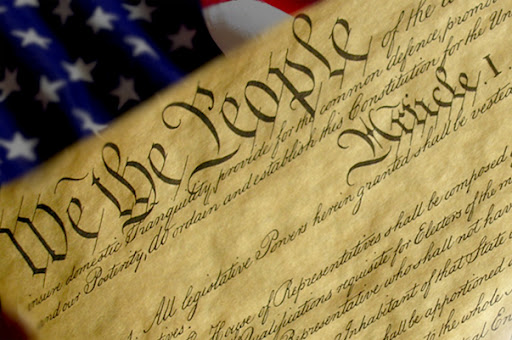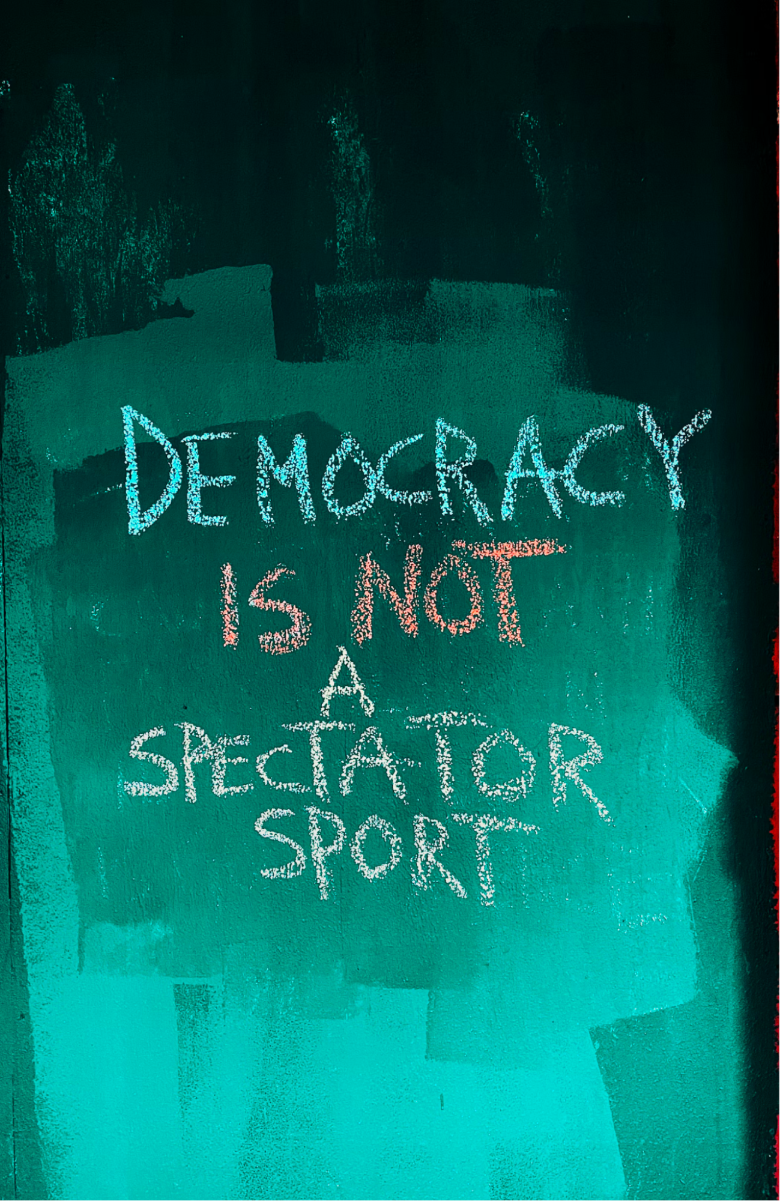Analysis
Speaker Mike Johnson’s Attack on Church-State Separation Violates 250 Years of American Religious Liberty
The views and beliefs expressed in this post and all Interfaith Alliance blogs are those held by the author of each respective piece. To learn more about the organizational views, policies and positions of Interfaith Alliance on any issues, please contact [email protected].
On July 12, Speaker of the House Mike Johnson posted an article on X titled “The True Meaning of ‘The Separation of Church and State.’” In it, Speaker Johnson argues that the original intent of the “separation of church and state” doctrine was to allow religious groups to influence the government while protecting them from government regulation. Speaker Johnson goes on to argue that the Founders intended for the government and American society to have a “common commitment…to the principles of religion and morality,” implying that being American requires religious belief. In fact, Speaker Johnson argues that the only reason why civil liberties continue to exist is that Americans are fallen sinners that fear the wrath of God.
As he makes clear, Speaker Johnson’s ideas reflect one interpretation of Christianity and implementing them would violate the First Amendment, which prohibits Congress from inhibiting the free exercise of religious beliefs and institutionalizing the religion of one group or individual. This understanding of the First Amendment has been enshrined in the American consciousness and interpretation of the law. In Everson v. Board of Education of the Township of Ewing, the majority opinion of the Supreme Court holds that the purpose of the First Amendment was to “create a complete and permanent separation of the spheres of religious activity and civil authority by comprehensively forbidding every form of public aid or support for religion.” As the court clearly stated, one purpose of the First Amendment is to prevent the government from enshrining a dominant religion, ensuring that every American can practice their religious beliefs as they see fit.
Speaker Johnson understands this, as he states that the Founders wrote the First Amendment to “prevent the official establishment of any single national denomination or religion,” and ensure that every American could choose their faith. The Founders knew that when religious groups interfere in the government, it hurts both. Therefore, if Speaker Johnson is as committed to ensuring that America remains a healthy republic and free society that protects the civil liberties of all of its inhabitants, then he and other American leaders must recommit to the separation of church and state as outlined by the First Amendment and upheld by the courts for 250 years.
Transcript

Pluralism is Democracy in Action
On July 4, America will mark 250 years since the signing of the Declaration of Independence. That day in 1776, the nation’s founders put forward a bold vision for a new democratic experiment, one rooted in shared values, with power derived from the people rather than imposed by a monarch or religious authority:


